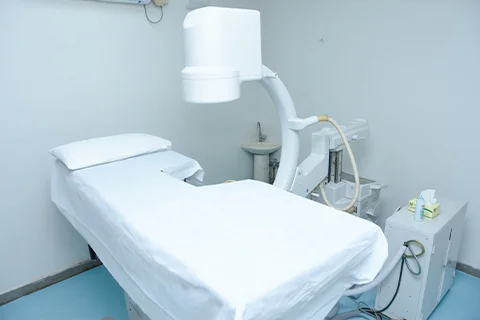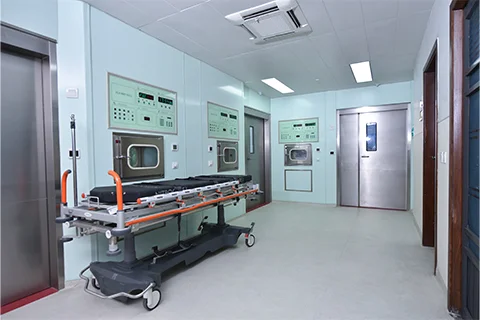1- What does a Urologist treat you for?
A urologist treats disorders of the urinary tract and male reproductive organs. Conditions include kidney stones, urinary tract infections, bladder dysfunction, prostate issues, and male infertility.
2- What is a common urology problem?
One of the most common problems is kidney stones, followed by urinary incontinence, prostate enlargement, and urinary tract infections.
3- What are urology symptoms?
Symptoms may include blood in urine, frequent urination, pelvic pain, burning sensation while urinating, and issues with sexual function in males.
4- What symptoms are kidney stones?
Sharp pain in the back or lower abdomen, blood in urine, nausea, vomiting, and frequent urination are signs of kidney stones. Stones larger than 5 mm may need lithotripsy.
5- Is lithotripsy available in Pakistan?
Yes, lithotripsy is widely available in major hospitals across Pakistan, including Hameed Latif Hospital, which offers expert care and modern equipment for this procedure.
6- Is lithotripsy better than surgery?
For many patients, lithotripsy is a preferred alternative due to its non-invasive nature, faster recovery, and lower risk of complications compared to traditional surgery.
7- Is lithotripsy painful?
Most patients experience minimal discomfort. Some may feel mild pain during or after the procedure, which is usually manageable with medication.
8- Is lithotripsy safe for kidneys?
Yes, lithotripsy is generally safe. While there may be mild bruising or temporary bleeding, serious complications are rare when performed by skilled specialists.





